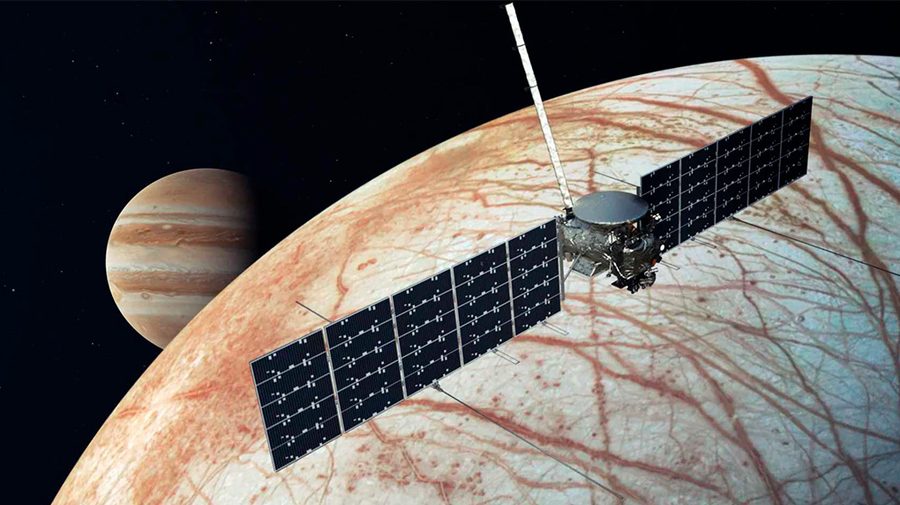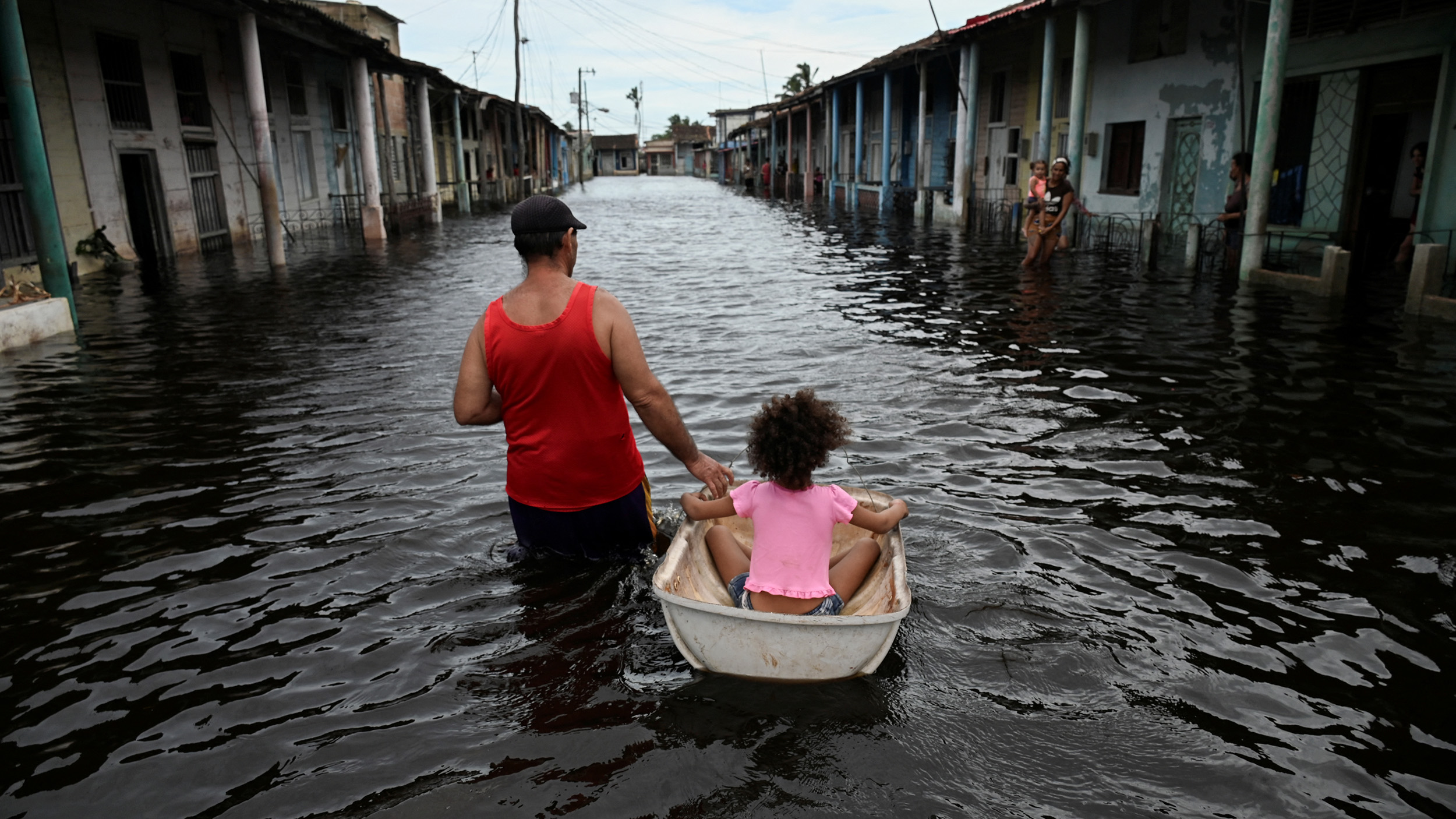For scientists to better correlate genes and disease, millions of people need to voluntarily have their genomes analyzed.
Paul Hoffman: Esther, let me start with you for a moment. What was it like to have your whole genome sequenced?
Esther Dyson: Honestly, not that exciting. It was frustrating. First of all, it took a long time for them to get around to doing it. They took some blood, then I waited a long, long time. And then they told me, "Gee, you know, there's not anything really exciting." And as Dr. [Harry] Ostrer said, I could have told them that without $400, which is now the retail price at 23andMe, or not $1,000, or not even several hundred thousand.
The fact is, those of us who are interested in doing this for ourselves, we're not interested, many of us, in finding out about ourselves, but in offering data back into the pool so that in the future other people can find out about themselves.
Today I'm 58 and I'm not dead yet. So it's pretty clear there's nothing drastically wrong with me. I may get Alzheimer's, I probably won't get Parkinson's, it's not in the family, neither is Alzheimer's. So as you [Dr Ostrer] said, knowing the family history is pretty indicative.
But in the future, the data that 23andMe is collecting, and that in the mean time it shows to its customers, because I believe that's their right, is going to be very, very useful. Over time we'll collect more data, we'll collect a lot of phenotype as well as genotype data. And our pitch to our consumers is, we try very carefully not to present it as a medical service and it's not with a wink. It's because it really isn't. It's because it's interesting, it's fascinating, you can call it narcissism. Some people are interested in their ancestry, some people are adopted or for whatever reason don't know who their parents are. And for them, I think it's a lot more fascinating than for most of us.
But the real goal here is that the scenario you [Dr Ostrer] described at the end, the 61-year-old man, to help make that happen because it's going to require hundreds of thousands of genomes and of phenotypes to give us that kind of information. And we think getting consumers excited about is the best way to do that.
Paul Hoffman: Have you found stuff about your own ancestry? I understand you’ve had relatives do this.
Esther Dyson: Well, I've had 30 relatives do it. It's fascinating. But medically useful? No. There's a chance it could be but honestly, knowing that you're--I think the advantage of knowing you have a quote "24 percent risk" of something, which I agree with you [Dr Ostrer] is a spurious number, it's not necessarily that the advice is going to be any better, but looking at that number makes you take it more seriously. It's psychological. But every doctor knows how important psychology is.
Compliance is probably one of medicine’s worst problems. It's getting people to do what they know they should do already. And if looking at your genome and understanding your risk of type 1 diabetes is something like 70 to 80 percent heritable, and your risk of type 2 diabetes is only 25 percent heritable, which means the rest of it, the rest of your risk of type 2 diabetes is what you do. That kind of quantification, not the precision, but the quantification, I believe can help to modify people's behavior.
Recorded on: July 14, 2009.





